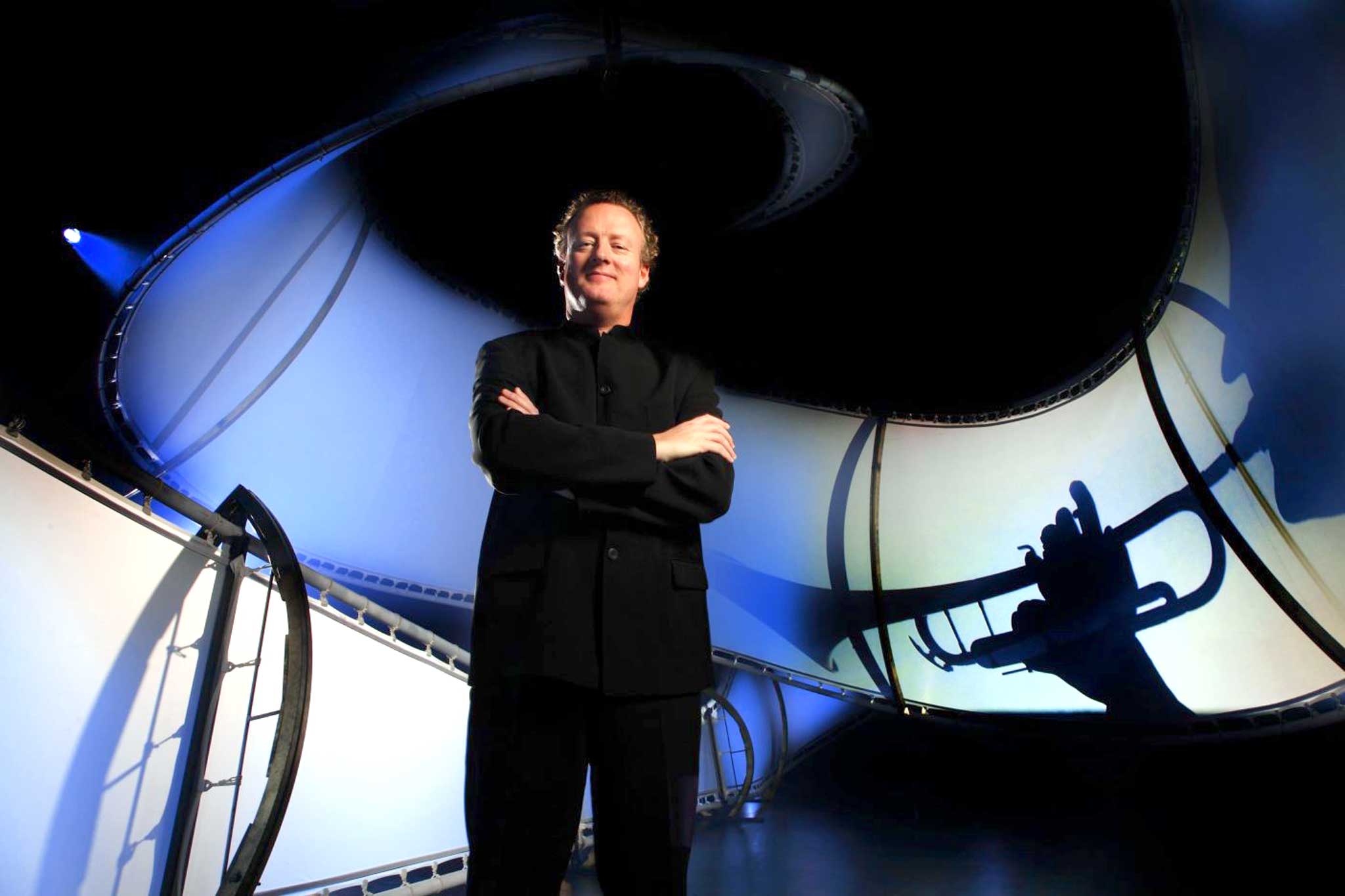Television choices: From a squeak to a roar - the story of sound and its growth

TV pick of the week: Howard Goodall's Story of Music
Saturday 9.30pm BBC2
What did Stone Age music sound like? We know that our prehistoric ancestors played tunes thanks to bone whistle and flute relics, but since musical notation only began in the 10th century (take a bow, Guido of Arezzo), there's no way to tell, for example, what Nero's fiddling might have sounded like as Rome burned. All this comes courtesy of the composer Howard Goodall, dressed in priestly black and looming somewhat oppressively over the camera, in a new six-part "landmark series" (we'll see; BBC publicity are a bit loose with that epithet these days), which begins with Danish lurs (horns shaped like a striking cobra) from 800BC, Spartan talent contests, Gregorian chants and the medieval troubadours – "the Bob Dylans of their day".
Britain's Holocaust Survivors
Sunday 8pm & 1.15am More 4
"Imagine this was 1944," says Zigi Shipper surveying the windfall apples in his garden. A teenager in Auschwitz, Shipper is one of three British survivors in Daisy Asquith's film for Holocaust Memorial Day. Gena Turgel married the British soldier who liberated her from Belsen, keeping up appearances today as looking fit, she learned, kept you out of the ovens.
Winter Viruses and How to Beat Them
Monday 9pm BBC2
Can you beat a virus? Personally, this comes a bit late (a flu-like cold, since you asked), but for those still wishing that sneezing colleagues had stayed at home, Alice Roberts and Michael Mosley report on the latest outbreaks, and, helped by leading virologists, find out what those microscopic nasties do to our bodies and how they spread.
Jonathan Meades: the Joy of Essex
Tuesday 9pm & 3am BBC4
"Contrary to the caricature as a bling-filled land of breast- enhanced footballers' wives..." He's off – the "inimitable" Meades (ripe for parody, in fact; where's Rory Bremner when we need him?) is "unleashed" on Essex, revealing a rich history of utopian cults and modernist experiments, all shaped by the county's proximity to London. Great stuff.
Derek
Wednesday 10pm Channel 4
Ricky Gervais's naive and unclassified (does he have "learning difficulties"?) care-home worker is again joined by Karl Pilkington as sour caretaker Dougie and Kerry Godliman as manager Hannah, as his sitcom begins a full series. The council visits this week, and despite Gervais's best efforts my sympathies were with the cost-cutting bureaucrats.
The Secret Life of Dogs
Thursday 9pm ITV1
Cat-lovers might like to make their excuses as this paean to "man's best friend", narrated by Martin Clunes follows a growing puppy to show how dogs see the world, and meets special pooches such as Jess, a springer spaniel who feeds orphaned lambs from a bottle clenched in her mouth, and Max, a search-and-rescue dog who traced a 79-year-old lost in the woods.
Monty Don's French Gardens
Friday 9pm BBC2
In this follow-up to his Italian horticultural tour, guess what car Monty Don uses to visit France – a Renault 2CV of course, beginning with the gardens of the powerful, Versailles and the Tuileries in Paris. After aristocratic heads tumbled in the Revolution a new style of gardening took root, known as Jardin a l'anglaise. Napoleon's Josephine was a serious botanist, according to Don.
Join our commenting forum
Join thought-provoking conversations, follow other Independent readers and see their replies
Comments
Bookmark popover
Removed from bookmarks